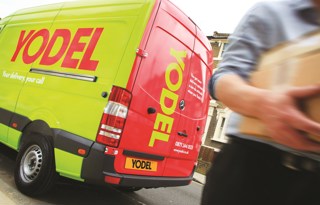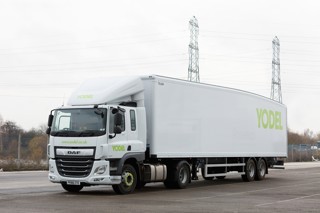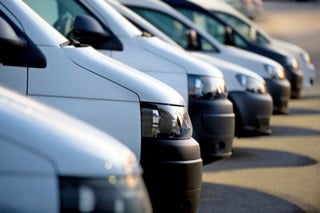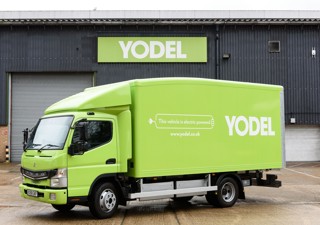Parcel carrier, Yodel has reported it reduced its carbon emissions by 25% despite record growth in the last five years.
The company said the reduction can be attributed to its £17m investment in its fleet and technology.
Yodel has introduced a policy whereby all vehicles owned by the business must be three years old or younger, making each Yodel vehicle Low Emissions Zone (LEZ), Ultra Low Emissions Zone (ULEZ), and Euro 6 compliant, meeting all Clean Air Zones (CAZ) requirements.
The business reports it has made a reduction in emissions through its investment in Microlise technology for all its tractor units and trailers.
The software monitors speed, location and road traffic levels and reports the data to Yodel’s business control tower to make real-time decisions on routes and performance.
Yodel drivers also use Microlise’s Android-based DriveTab tablet device to help optimise performance. Yodel said it has seen a 7% improvement in fuel efficiency since the introduction of the technology and is working towards reaching its goal of reducing its mileage by over 4m kilometres in 2021.
Yodel said it strives to ensure that every home delivery is successful on the first attempt, using tracking and its Inflight service. Through Yodel Inflight, customers can amend their delivery preferences to the point of delivery to help reduce potential re-visits.
The company has also expanded its urban bicycle delivery offering, now operating in seven cities across the UK including London and Oxford, which supports UK Clean Air Zones (CAZs).
In 2020, the business reached its goal to deliver 150k parcels via pedal power and has set a new goal of delivering over 300k parcels in 2021. Yodel said it engaged with 11 of the 12 major bicycle operators in the UK and have contributed to reducing carbon emissions by 2.3 tonnes in London due to a collaboration with Pedivan.
Mike Hancox, chief executive officer at Yodel, said: “Throughout the challenges of this past year we remained committed to positively contributing not only to our people and communities, but also to our environment.
“As a key operator in the logistics sector, we take our environmental responsibility very seriously.
“The proactive approach to becoming more eco-friendly is key in all our decision-making and it is great to see that our long-term investment has tangibly reduced our impact on the environment.
“We continue to innovate and trial new ways of reducing our carbon footprint, and we’re looking forward to improving our practices further, offering greener services, and contributing to Britain’s 2050 net zero emissions target.”






















Login to comment
Comments
No comments have been made yet.